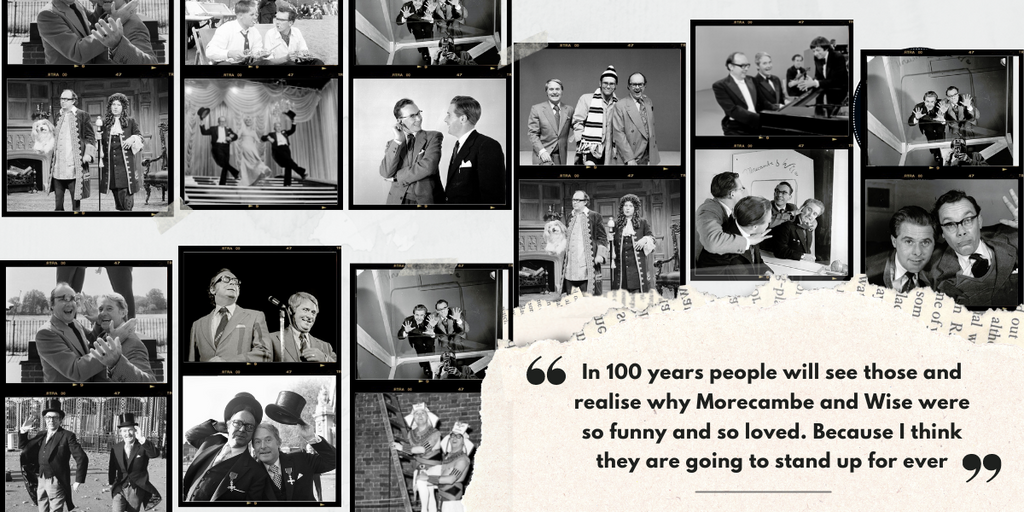
Dasha Kiper has words of advice and support for those who are caring for loved ones with dementia
When I was 25 years old,” begins Dasha Kiper’s book, “I moved in with a man who was 98.” It’s an intriguing opening line, but the pages that follow are even more fascinating. Until she paused to write Travellers to Unimaginable Lands, which is Radio 4’s Book of the Week, Kiper was a consulting clinical director at an Alzheimer’s organisation in New York.
The 98-year-old, Mr Kessler, was a Holocaust survivor and dementia sufferer, and the story of how Kessler and Kiper coped together is just the first of several painful, poignant, funny, revealing and instructive case studies that form the spine of the book. Much has been written about dementia, Kiper acknowledges, but she “wanted to explore the difficulties that care-givers have. Usually we think about their mourning, grief, frustration... We often don’t realise that care-givers, in some ways, begin to mirror the people they’re taking care of. They find themselves acting in ways that are irrational, argumentative, agitated.”

For instance, she says, loved ones looking after dementia sufferers will get angry with the patient for their “failings”, even though they know it’s the disease that is responsible. “The care-giver is aware that it’s their husband or wife’s brain that’s at fault, and yet they can’t help holding their loved one accountable. In my work supporting care-givers, a lot of them would say, ‘I know the person who has dementia is supposed to be irrational, but why am I sometimes acting crazier than the person I’m taking care of?’ ” The answer, reckons Kiper, is something called “dementia blindness”, which she likens to optical illusions. “When we look at [the famous example of two lines that appear to be different lengths but aren’t], we know, intellectually, that the lines are the same length; but our mind is playing tricks on us and we fall for the illusion anyway and ‘see’ one longer line. It’s the same with dementia: you know your husband is ill, yet you’re also talking to him and it doesn’t feel like he’s ill. So you find yourself falling into the same patterns of behaviour as before he became ill.”
This is a situation that will be familiar to anyone who’s ever looked after someone with dementia for an extended period: you get furious with them for what seems like stubbornness or wilful recalcitrance, even though your rational brain tells you it’s not. Reassuringly, though, “there are good reasons why we have dementia blindness. It’s not because care-givers are ‘bad’; it’s because there are neurological and cognitive forces at play, not just for the person who has the disease, but for our own ‘healthy’ brain. “We’ve evolved to be deeply social creatures, projecting a sense of ‘self’ onto other people, but with dementia a person’s self becomes fragmented, so they remember things sometimes but not others. And the way our minds are built gets in the way of accepting this. So we find ourselves thinking, ‘Well, you were lucid a moment ago when it suited you, and now you’re playing ill.’ So the care-giver feels like they’re being gaslighted or manipulated.

And of course, they’re not, but it’s so hard for our brains to deal with that fragmentation.” (By way of example, Kiper mentions “one care-giver who told me that her father forgets who she is – but still notices that she’s gained 15 pounds”.) Kiper is careful to avoid telling care-givers what to do. “There are already some great manuals for those dealing with dementia; I recommend one called The 36-Hour Day.” She sees the purpose of her book as explanation and reassurance. She wants care-givers “to know you’re not a monster because you keep yelling at your husband. It’s not because your willpower is weak; it’s because you’re human, with a human brain. Give yourself a little bit of grace – and, ultimately, it will make you a better partner and care-giver.” In the support groups she’s run for stressed care-givers, she found that simply realising “you’re not the only one who yells” was hugely valuable. “There’s a lot of laughter in those groups’ rooms,” she says – partly because dementia brings so much “absurdity”, and partly because it’s such a relief to find “you’re not the only person going crazy. Dementia is a crazy situation”. Find a way to accept your own shortcomings as a carer, counsels Kiper, “because you’re mortal. And those biases, intuitions and logical fallacies that make you act irrationally… are the exact same ones that make you feel full of love for your family.”
ED GRENBY




